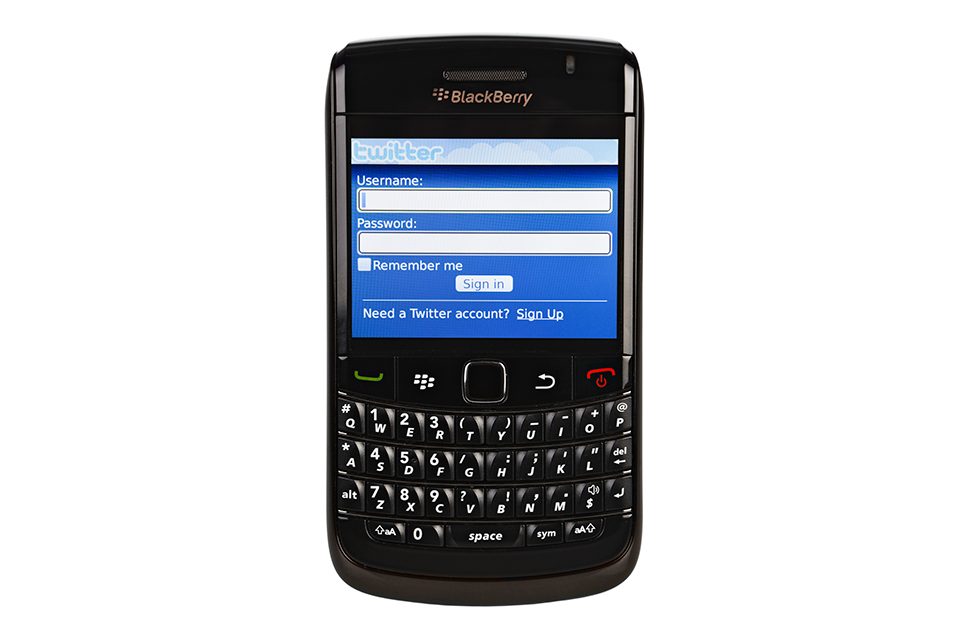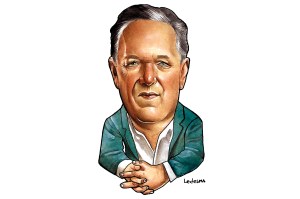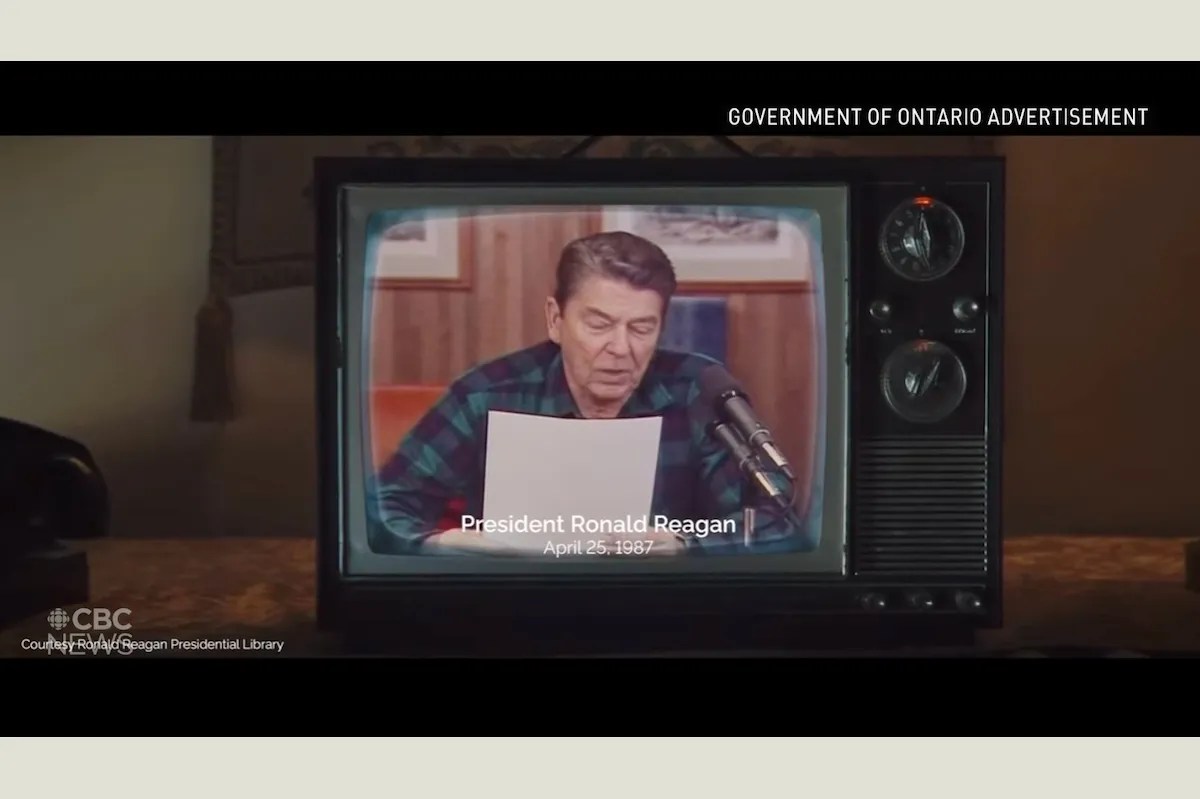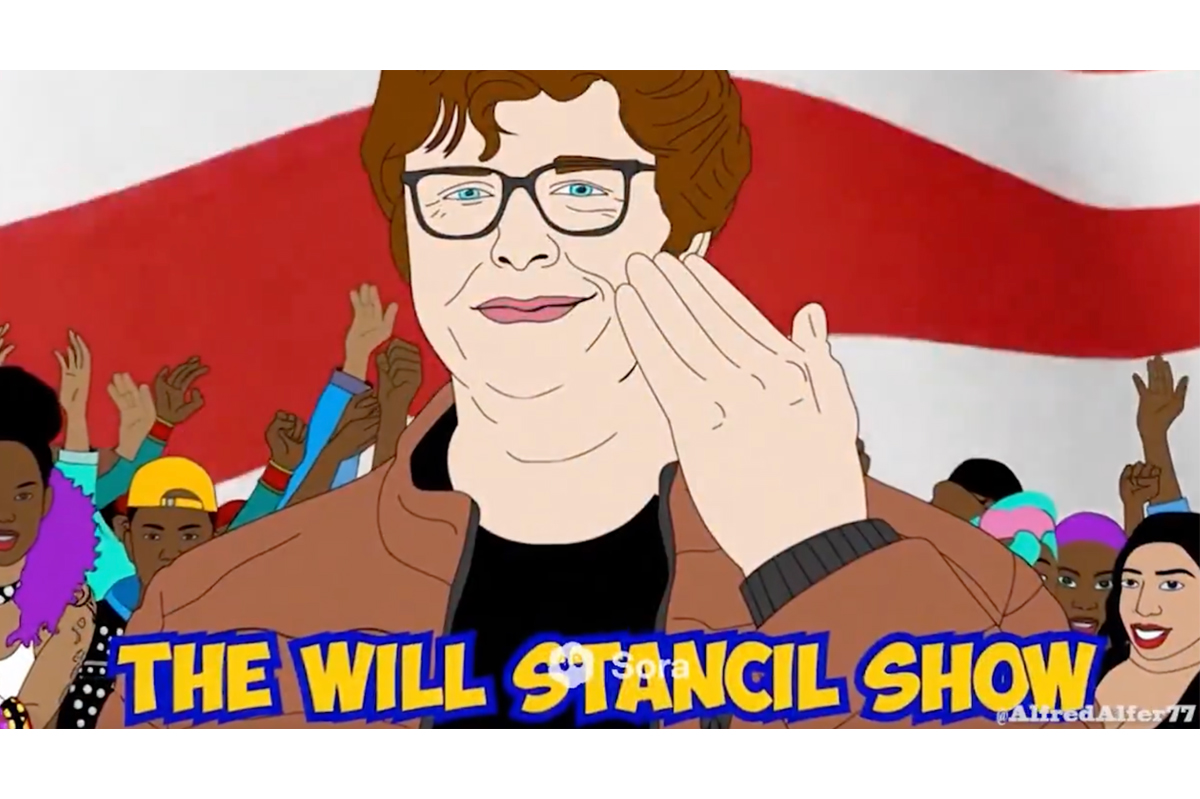The demise of tech plays out first as disorientation, then entertainment. We’ve reached the latter stage with the BlackBerry, the now-defunct Canadian harbinger of global smartphone addiction. A new film out this summer charted its spectacular rise and fall: young folk, look up from your iPhones, and learn how in its 2000s heyday, the BlackBerry was beloved by Obama, Beyoncé and Madonna. With its seductively clicky Qwerty keyboard, it came to control 45 percent of the cell phone market. Then it plummeted to today’s share, zero.
BlackBerry the movie had a particular poignancy for me, because I hung on to my final BlackBerry phone, the KeyOne, until well past its cultural sell-by date. Last May, in fact. Like my earlier BlackBerries, the KeyOne had grown old and begun to let me down at important moments. I went to the wrong book launch because when I tried to check the venue, it couldn’t open the invitation. Late one night I stood shivering in the street while it repeatedly failed to call an Uber. Friends and strangers marveled at its quaintness, the tech equivalent of a Penny Farthing. But this was no way to live.
A friend who had also stuck with their BlackBerry through thick and thin had gone over to the iPhone, and told me how happy he was now: take the plunge, he urged, you won’t look back. In the end, the device took the decision for me. One day, shortly after I had been complaining about it, the BlackBerry disappeared with all my data somewhere between my sister’s car and my flat. I looked everywhere, but I never saw it again.
Friends and strangers marveled at its quaintness, the tech equivalent of a Penny Farthing
The film drags us back to the glory days, a souped-up vision of BlackBerry’s early success: lovable, hard-gaming 1990s tech nerds Mike Lazaridis and Doug Fregin conceive of a phone that can do email, and team up with Jim Balsillie, a foul-mouthed, ass-kicking businessman. Together, their company Research In Motion and the “CrackBerry” conquer the world. Nemesis comes in 2007 in the form of Steve Jobs and his touchscreen iPhone. It panics BlackBerry into producing its biggest disaster, the Storm: a horrid, slow-moving hybrid of a touchscreen that simulated a clicky button, in a nod to BlackBerry’s signature keyboard. The slogan was “Press and be impressed.” People weren’t. It was glitchy. They returned it in droves. The rot had set in, and both Lazaridis and Balsillie resigned in 2012. The brand kept on, chaotically, until it finally pulled support for its earlier OS devices in January last year.
As the movie tells it, the public abandoned the BlackBerry, jumping towards something that more expertly targets the collective id. But what it leaves out is the significant section of the public that clung stubbornly to the device, through new models and sluggish updates, until at last the riptide of tech dragged it away from them for ever. Google “I miss my BlackBerry” and you’ll uncover hosts of online mourners. “I miss the long battery life,” lamented one, “I miss the keyboard.” The CBC anchorman who recently interviewed the real Jim Balsillie voiced a sense of abandonment. “I’m one of those people who tried to hang on to BlackBerry as long as I could,” he said. “I kept buying the new models, but after a while it kinda got disappointing… what went wrong?” Balsillie — more sunnily philosophical in real life — replied with a gnomic proverb about how the victor in a fight between an alligator and a bear depends on the terrain.
New tech generally only presents itself in terms of gains: faster, easier, smarter, brighter, better. But the human beings shunted from one technology to another frequently experience loss. Take the letter form, for example. My generation was perhaps the last to use letters routinely for long, expressive communications. The thump of an envelope on the doormat signaled a host of other sensory experiences: the thickness and weight; the stamp, which was sometimes interesting; the texture of the paper; the sender’s handwriting; the rogue addition of drawings, coffee stains, kisses, rain, tears. You can still write and send a long letter if you want to, of course, but the cultural river in which a personal letter once swam has shrunk to a creek. In Britain, the price of a Royal Mail first-class stamp has just jumped yet again, to £1.25, while delivery times are increasingly erratic: fewer people will use the service, which will further exacerbate its failings. In contrast, an email is free and instant. Still, the shift from one form of communication to another has been a trade, not simply a gain.
It has always been thus. With the proliferation of streaming channels, we surrendered the cultural coherence that came from a nation watching the same few programs. The demise of the cassette recorder meant the disappearance of that heartfelt gift, the personalized mix-tape. The shift away from vinyl records diminished the once-potent art of the album cover.
Sometimes new tech is objectively worse. The BlackBerry’s keyboard was perfect for firing off long emails without errors; touchscreen keypads, in contrast, are laborious to use and sloppy in outcome. The product might still have a small but loyal market if only it had held steady and married state-of-the-art apps to its distinctive keyboard.
BlackBerry isn’t just a nostalgic tech romp — it’s a warning about how to burn a brand with a misjudged leap forward. Elon Musk should take note: he’s already junked the Twitter bluebird for that weird X, which he now wants to transform into an “everything app” with “unlimited interactivity” and various payment systems. Tech is performing another of its seismic shifts, this time from new tech to mean tech. Where the former yearned to hook us, the latter wants to fleece us as well.
With new tech, we got things we wanted while sometimes losing other things we liked. Now we’re losing things we liked while getting other things we never wanted. Many of us just want to hang on to the free, no-frills classic Twitter we used to know. It’s really time the dons of tech learned how to make a space for people who want to stay in the slow lane. If they don’t, someone’s going to lose out. I hope it’s them, but I have a nasty feeling it could be us.
This article was originally published in The Spectator’s UK magazine. Subscribe to the World edition here.

























